Donating used items to Goodwill is a common practice for those looking to declutter while helping others. However, there are several reasons to reconsider this donation choice. Here are ten reasons why you might want to stop giving your used items to Goodwill and explore other options instead.
1. Questionable Business Practices
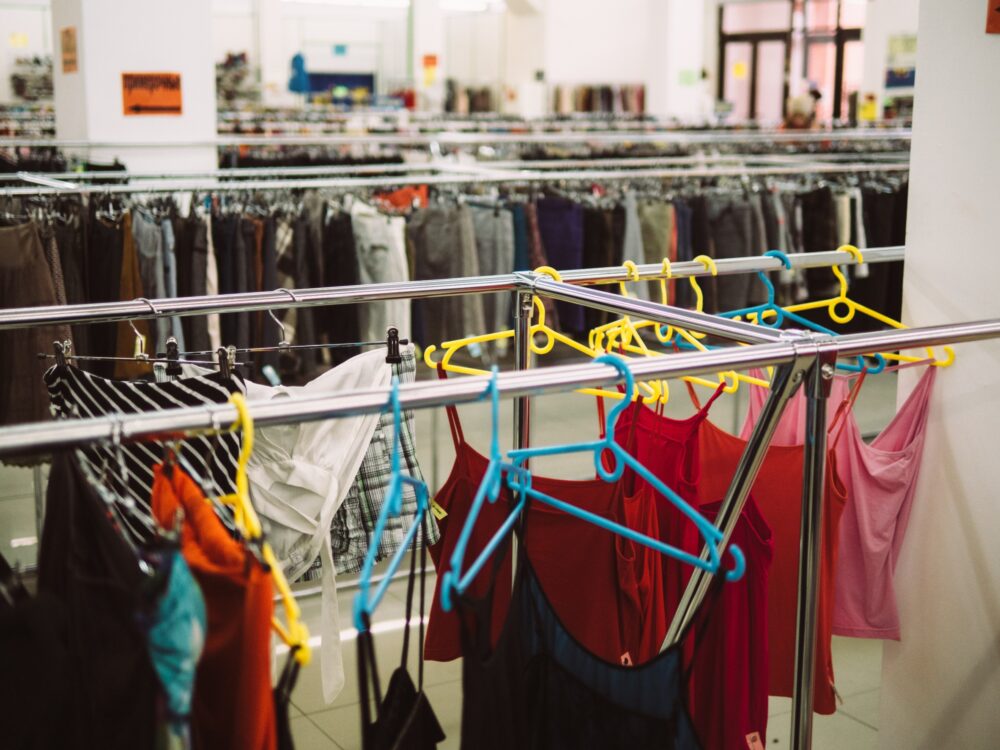
Goodwill is often perceived as a charity dedicated to helping those in need, but its business practices have come under scrutiny. Despite its nonprofit status, Goodwill operates more like a for-profit business. Executives at some Goodwill organizations earn six-figure salaries, and there have been reports of the organization paying workers with disabilities significantly less than minimum wage under the special exemption of the Fair Labor Standards Act. Understanding where your donations go can prompt you to consider alternatives that better align with your values.
2. Low Direct Impact on Local Communities

While Goodwill does provide job training and employment opportunities, the direct impact on local communities can be limited. Donations are often sold in bulk or shipped overseas, where they may not benefit your local area. Donating to smaller, community-focused organizations or shelters can ensure your items directly support those in need within your neighborhood.
3. Profitable Resale Model

Goodwill’s business model relies heavily on reselling donated items at a profit. Many of the items donated end up being sold in Goodwill stores at prices that are not necessarily affordable for low-income families. If you want your donations to reach those truly in need without a profit margin attached, consider donating directly to individuals or organizations that give items away for free.
4. Environmental Concerns
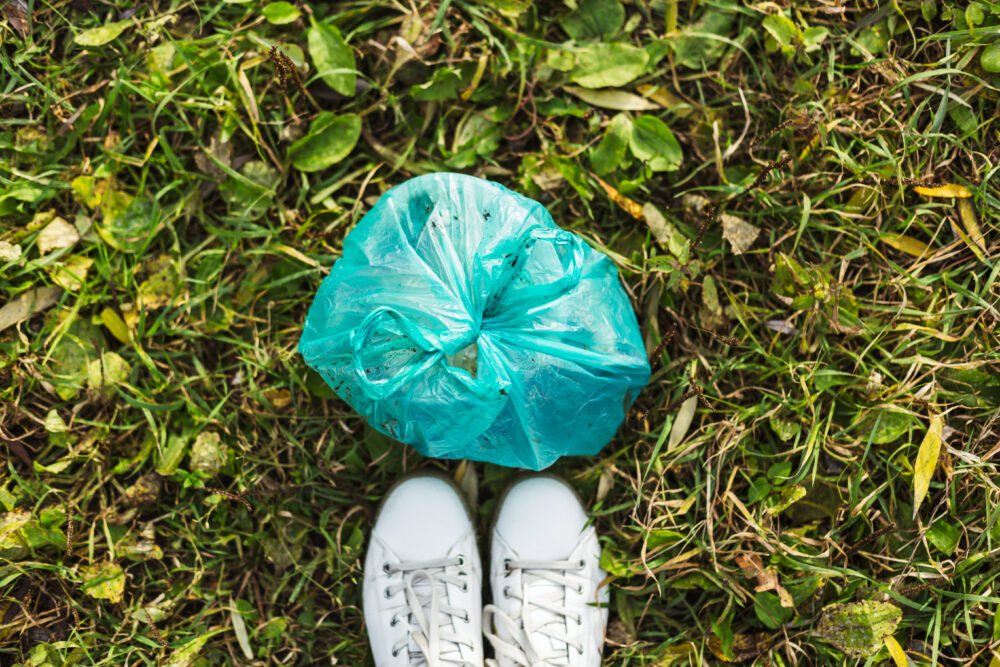
Goodwill receives more donations than it can process or sell. As a result, a significant amount of donated clothing and goods ends up in landfills. This contributes to environmental waste and undermines the sustainability goals of many donors. Opting for organizations that prioritize recycling or upcycling donations can help reduce this environmental impact.
5. Lack of Transparency

Transparency in how donations are used and the impact they have is crucial for many donors. Goodwill’s operations can sometimes lack clear, accessible information about how funds from sales are allocated and the true benefits provided to communities. Donating to organizations with transparent operations and clear impact reports can give you confidence that your contributions are making a difference.
6. Overwhelming Supply Chain
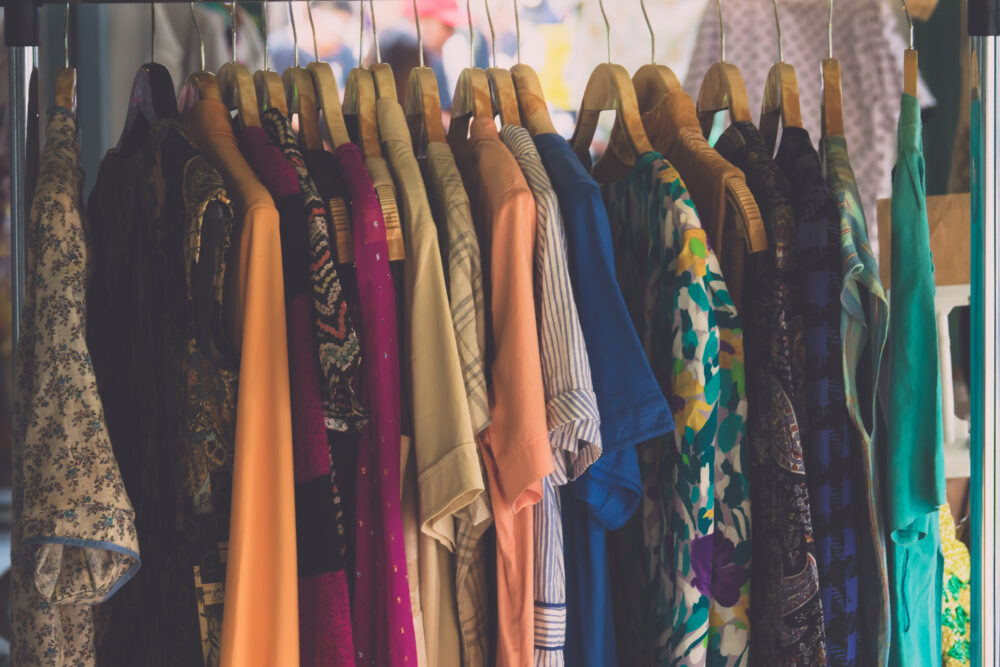
Goodwill’s expansive network of donation centers and retail stores can sometimes lead to an overwhelming supply chain. This overabundance can result in logistical challenges and inefficiencies, potentially diminishing the value of your donation. Supporting smaller, local charities or community initiatives can ensure your items are utilized more effectively and quickly.
7. Supporting Local Initiatives

Local charities, shelters, and community groups often struggle with fewer resources compared to large organizations like Goodwill. By redirecting your donations to these local entities, you can provide direct support where it’s most needed, helping to strengthen and uplift your immediate community.
8. Alternatives for Specific Needs

Goodwill is a general donation center, but many items you donate might be better suited for specific charities. For example, donating professional clothing to organizations that support job seekers, or giving household items to shelters for the homeless or domestic abuse survivors, ensures that your donations are tailored to meet the specific needs of those who can benefit the most.
9. Online Giving Platforms
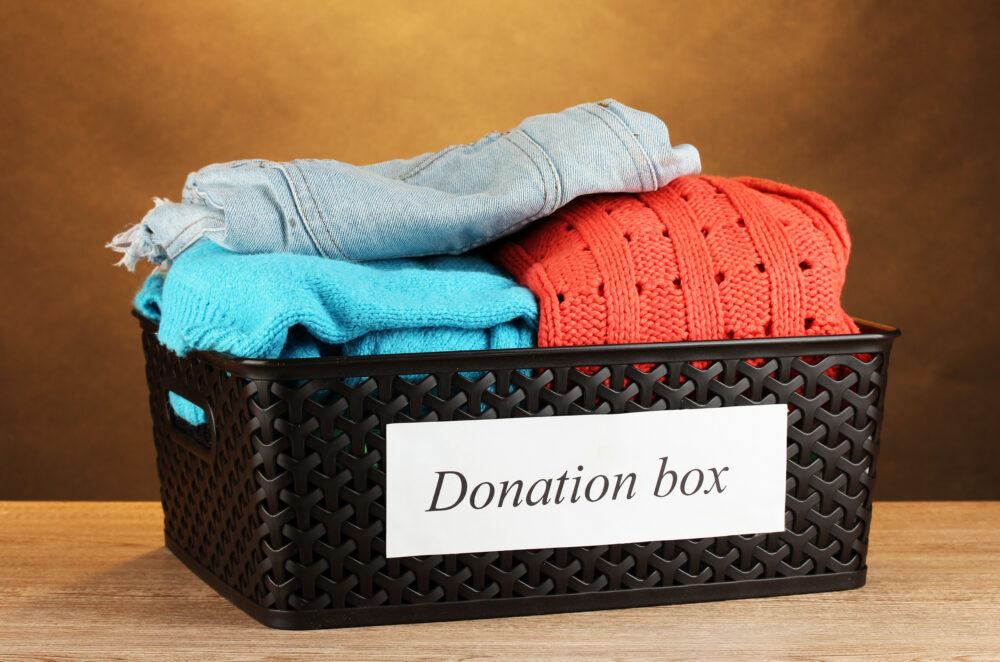
The rise of online giving platforms and apps has created new opportunities for donating items directly to those in need. Websites and apps like Freecycle, Buy Nothing groups on Facebook, and Nextdoor allow you to connect with individuals in your area who can directly benefit from your items, creating a more personal and impactful donation experience.
10. Monetary Donations Can Be More Effective
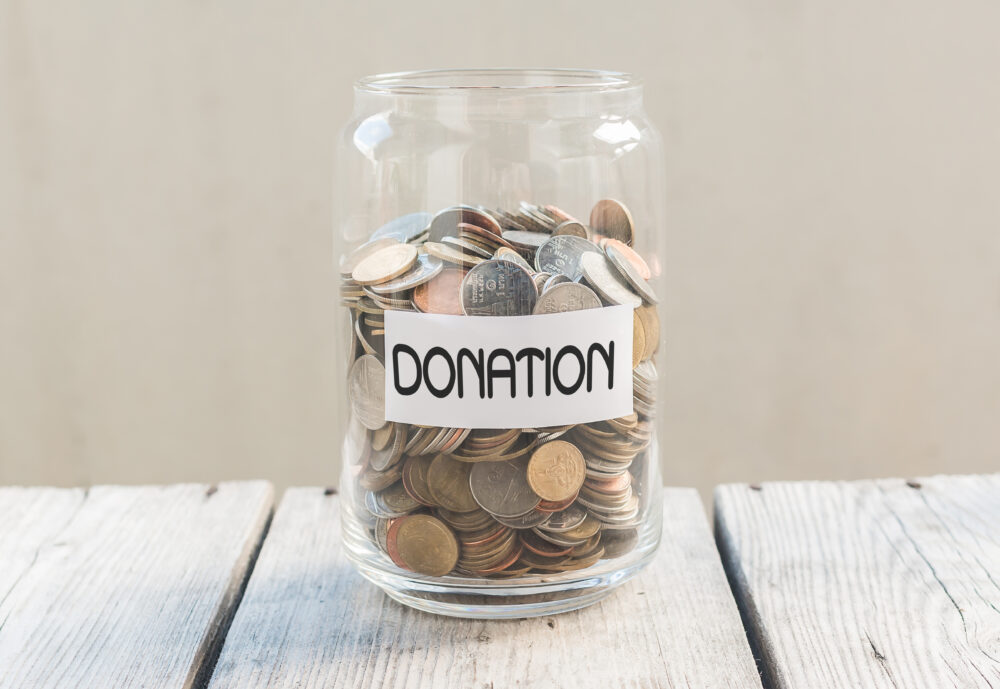
In some cases, donating money can be more effective than giving used items. Many charities can leverage monetary donations to purchase exactly what they need, often at a discounted rate or in bulk, which maximizes the impact of your contribution. Consider supporting organizations financially if you want to ensure your support is used most efficiently.
Before You Shop At Goodwill
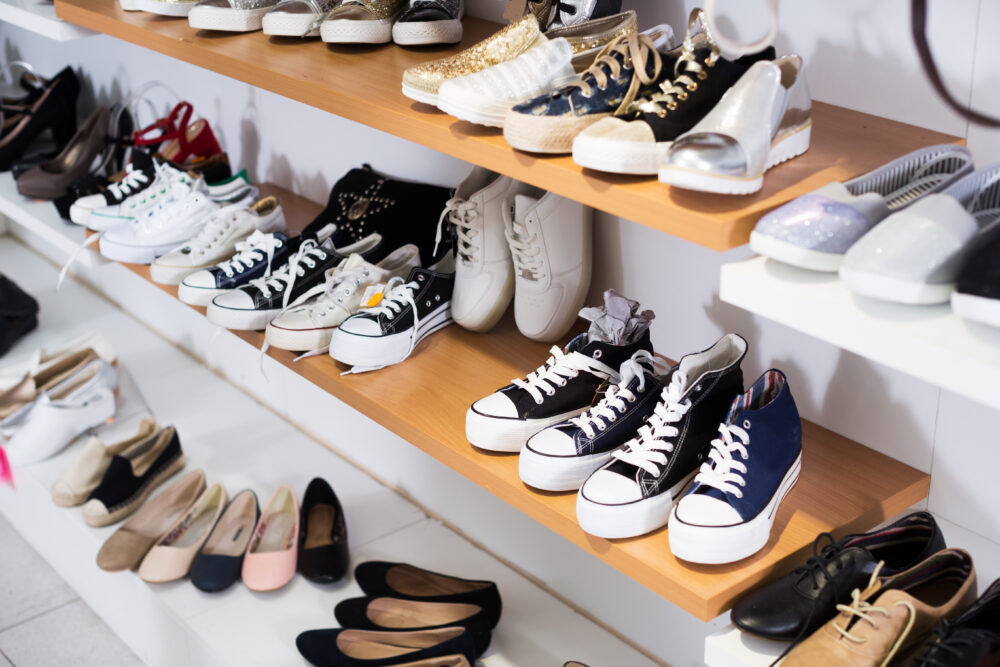
While donating to Goodwill is convenient and familiar, exploring other avenues for your used items can lead to more significant and direct benefits for those in need. By choosing alternatives that prioritize local impact, environmental sustainability, transparency, and specific needs, you can make a more meaningful difference with your donations.
Read the full article here
















